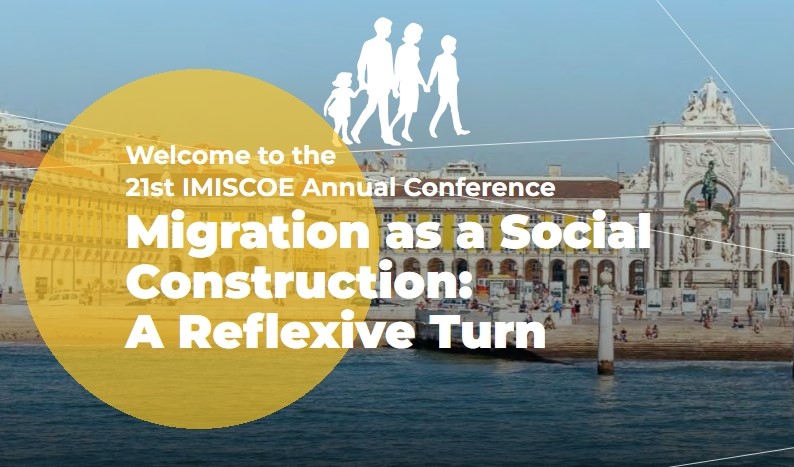CONFERENCE
The discursive production of irregularity for migrants and racialized communities in Europe
Opportunities for authorized mobility have schrunk (Dauvergne, 2009), which means that certain migrants and some forms of mobility find themselves increasingly irregularised. Directly and indirectly, e.g., by setting the condictions of public debate and thus informing political and policy-making processes, discourse plays a crucial role in this development.
By investigating irregularisation, inter alia, through discourse / discursive practices, i.e., the discursive production and construction of irregularity imposed on migrants and racialized communities, this panel sheds light on the spectrum of irregularity in contemporary Europe providing five country cases: Germany, Italy, The Netherlands, Poland and the UK. Our analysis strikes a balance between large-scale, quantitative analyses of text corpora, selected or compiled to represent a particular social field (e.g., media discourse, policy-making) (Baker et al. 2008; Rheindorf 2019; Vollmer 2021) and in-depth, qualitative analyses of key texts. These combine the methodology of social actors analysis and socio-linguistic approaches to narratology (de Fina & Georgakopoulou 2012). The former allows detailed insight into how social meaning-making trans- or de-forms social reality in the representation of particular social groups. The latter focuses on how employment, i.e., turning fragmented perceptions of reality into meaningful stories, is premised on ideological/political assumptions and frames (Rheindorf & Wodak 2017).
Chair
Bastian Vollmer
Catholic University of Applied Sciences Mainz
Speakers
